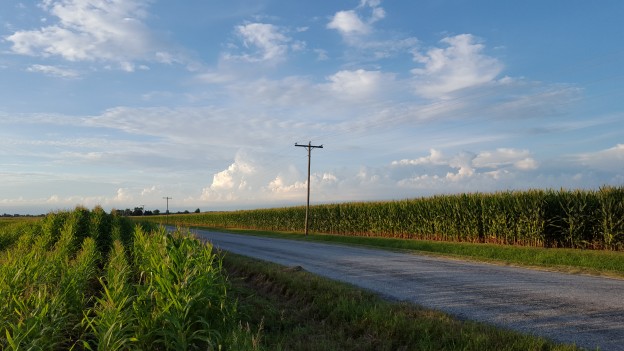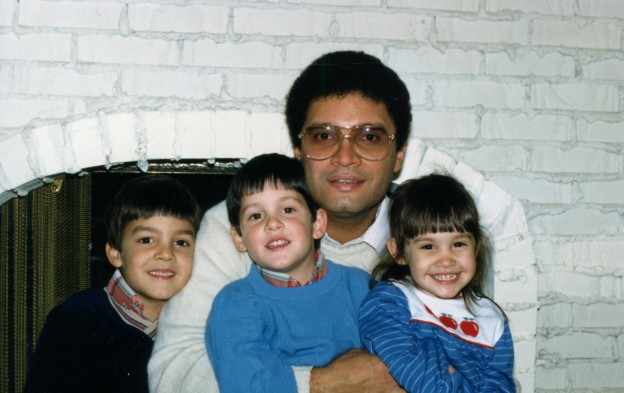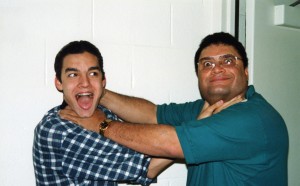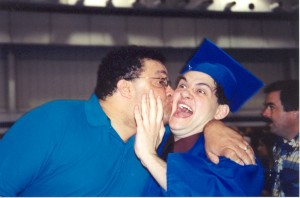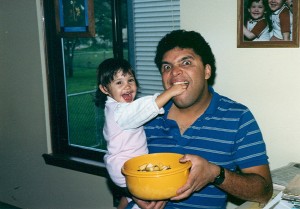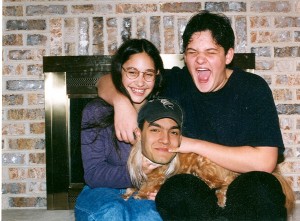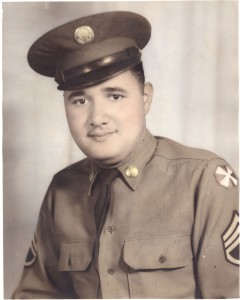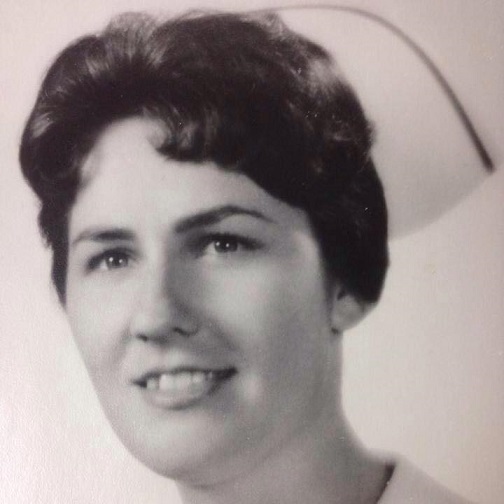Be it sight, sound, the smell, the touch.
There’s something inside that we need so much.
“Departure”
Graeme Edge-1968
I got stranded on a two lane blacktop outside Champaign, Illinois on an unusually warm spring afternoon in 1974. I sat by the side of the road while waiting for help, listening to the light traffic on nearby Interstate 74. Having nothing better to do, I surveyed the landscape: the newly planted fields; the few clouds on the horizon; a few tiger lilies blooming along the shoulder. The relative silence was comforting, leaving me alone with just my thoughts.
Forty-one years later I was driving from Dayton, Ohio to Chicago because bad weather had cancelled all flights to and from O’Hare. I’d rented a nice new Chevy Impala in Dayton, so I traveled in comfort with the air and the sound system blasting. But as I drove through Champaign I decided to get off the interstate near the same area where I’d been stranded. It brought back the memories of that afternoon and the sights and sounds I took for granted before life became an endless cycle of work, sleep and trying to make sense of life.
I fear those experiences are lost on a generation glued to their smartphones, shutting out the world with their earbuds. They appear to fear the absence of natural sound, light and constant interaction as if they will miss something monumental should they look away for even a moment.
So, before it’s too late, take my advice. Nourish your senses before they atrophy.
Find a rural road, far from a city or town. Stop, get out of the car and just listen. There’s no city traffic noise. No radios or TVs or stereos blaring from someone’s window. All you can hear is a few insects buzzing like a high-voltage wire, maybe a breeze going through the cornfields, and the occasional car. The sound gradually grows as the car nears. It passes with that familiar but very solitary rumble, gravel crunching if it strays too near the shoulder, then fades in the distance. The day’s heat becomes almost audible, the waves rising from the asphalt and the mind trying to fill in the sound gaps. The silence makes you think; makes you far more aware of what’s around you.
I remember the smell of sheets hanging from a clothes line, gently waving in the breeze when I was five years old. I was small enough to lay in one like a hammock and look up at the sky, watching the few clouds drift by. Put up a single line and hang some towels or shirts. Rub your face in them when they are dry. Fabric softener can’t come close to creating that smell.
Go out in a forest or field in the middle of nowhere in the winter and listen to the almost imperceptible sound as the snow falls. The air is cold and the scent is comforting, and again, almost audible. There’s that soft crunch as you walk through the snow, competing with the sound of your breathing, magnified by the hood around your ears. Remember those winters past, when you would play until the light faded and dinner awaited.
A summer thunderstorm washes the air, leaving a fresh aroma and a stillness broken only by the sound of tires running through the puddles on the streets. It’s a smell one is hard pressed to experience living in the city, but it’s possible. Go out to a park after a good rain. Hear the water dripping on the leaves and revel in the new found atmospheric purity.
In the fall the wind makes the dried leaves that haven’t fallen from the trees rattle like a rain stick and the ones swirling on the ground scratch like mice feet in an attic. If you are outside raking, stop. Close your eyes and open your ears. This is the annual death many fear, but it is temporary. Life will resurrect in the spring.
I never believe a babbling brook existed until I stumbled onto one outside of Conway, New Hampshire. I’d stopped by the side of the road near the Swift River and wandered into the woods. I heard what I thought was a radio playing All Things Considered, but the words were unintelligible. I went a little farther and found a shallow creek running over thousands of smooth stones—the source of those “voices.” It was warm, pleasant and inviting, like a family gathering. If you are lucky enough to find a babbling brook, sit by its side and maybe it will tell you something.
The closest I’ve come to absolute silence was 3000 feet in the air, slowly drifting back towards the ground under a parachute. I was in college; it was the first time I’d ever jumped. The pilot sang Casey Jones as we took off. “Flyin’ my plane, high on cocaine.” I was first in line for the drop since I’d been the last one on. As we neared the drop site, the door flew up to the overhead wing.
“Hold onto the strut. Put your left foot on the platform and let your right foot dangle.”
That was simple enough.
“Now let go.”
At first I floundered like Wile E. Coyote falling off the butte, but within a couple of seconds the static line had pulled my rip cord and the chute opened. I couldn’t hear the plane. I couldn’t hear any birds or wind. There was nothing but silence, an oddly comforting science. I imagine that was the Zen definition of “being one with nature.” Landing on the ground was almost a disappointment.
If you are too scared to strap on a parachute, go out to Colorado Springs and drive up Pikes Peak. This is where Katherine Lee Bates was inspired to write “America the Beautiful.” Ponder the purple mountains majesty in the distance and the fruited plain below and do not be surprised at the tears in your eyes.
Light pollution has become so bad that governments are creating “dark-sky preserves” so we can see that which we took for granted 50 years ago. Drive into the darkness of the countryside on a clear night, far away from the lights of civilization. Look up into the sky at the billions of stars. Your problems pale when set against such a sight.
Do this while you can still appreciate it.
Departure
Be it sight, sound, smell, or touch,
There’s something inside, that we need so much.
The sight of a touch, or the scent of a sound,
Or the strength of an oak, with roots deep in the ground.
The wonder of flowers, to be covered, and then to burst up,
Through tarmac, to the sun again.
Or to fly to the sun without burning a wing;
To lie in a meadow and hear the grass sing;
To have all these things in our memory’s hoard
And to use them,
To help us,
to find…… Continue reading
